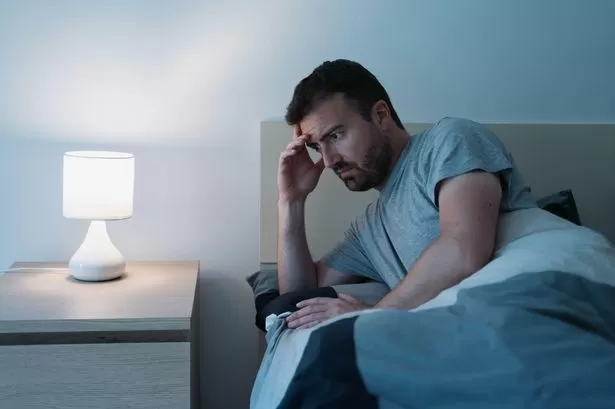Tina Patel, a leading health expert, has recently warned that neglecting our eye health could have severe consequences in the long run. In a recent statement, she stated that the long-term effects of not taking care of our eyes could be devastating and even lead to blindness.
According to Ms. Patel, our eyes are one of the most crucial organs in our body and yet, we often take them for granted. We spend hours in front of screens, expose them to harmful UV rays, and neglect regular eye exams. All of these factors can have a significant impact on our eye health and can lead to various eye problems in the future.
One of the most common eye problems that people face is age-related macular degeneration (AMD). This condition affects the central part of the retina, leading to a loss of vision in the center of the visual field. As the name suggests, this condition is more prevalent in older adults, but Ms. Patel warns that it can also affect younger individuals if proper eye care is not taken. If left untreated, AMD can eventually lead to blindness.
Another critical aspect of eye health that people often overlook is protecting their eyes from the harmful UV rays of the sun. Excessive exposure to UV rays can lead to cataracts, a clouding of the lens in the eye that can cause blurry vision and eventually lead to blindness. Ms. Patel recommends wearing sunglasses with UV protection and a wide-brimmed hat when spending time outdoors to protect our eyes from the harmful rays of the sun.
Furthermore, our modern lifestyle has also significantly impacted our eye health. With the increasing use of digital devices, more and more people are experiencing symptoms of digital eye strain. This includes symptoms such as dry eyes, headaches, and blurred vision. Ms. Patel advises taking frequent breaks while using digital devices and following the 20-20-20 rule – every 20 minutes, look away from the screen for 20 seconds at something 20 feet away.
Ms. Patel’s warning about the potential long-term effects of neglecting our eye health should serve as a wake-up call for all of us. We must remember that our eyes are essential for our daily lives and must be taken care of regularly. Ms. Patel recommends following these simple steps to maintain good eye health:
1. Regular eye exams: Getting a comprehensive eye exam every one to two years can help detect any potential eye problems early on and prevent them from developing into something more severe.
2. Healthy diet: Just like the rest of our body, our eyes also need proper nutrition to function correctly. Including foods rich in vitamins A, C, and E, zinc, and omega-3 fatty acids in our diet can help promote good eye health.
3. Quit smoking: Smoking is not only harmful to our overall health, but it can also have a significant impact on our eye health. Smokers are at a higher risk of developing cataracts, macular degeneration, and other eye problems.
4. Protect your eyes: Whether it’s from the sun’s UV rays or digital screens, it is essential to protect our eyes from potential harm. Wearing sunglasses, taking breaks while using digital devices, and using proper lighting when reading or working can help prevent eye strain and other eye problems.
In conclusion, Tina Patel’s warning about the long-term effects of neglecting our eye health should be taken seriously. With a few simple steps, we can ensure that our eyes remain healthy and function properly for years to come. Let us not take our eyes for granted and make sure to prioritize their care just as we do for the rest of our body. As the saying goes, “Prevention is better than cure,” so let’s take care of our eyes and prevent any potential problems in the future.










